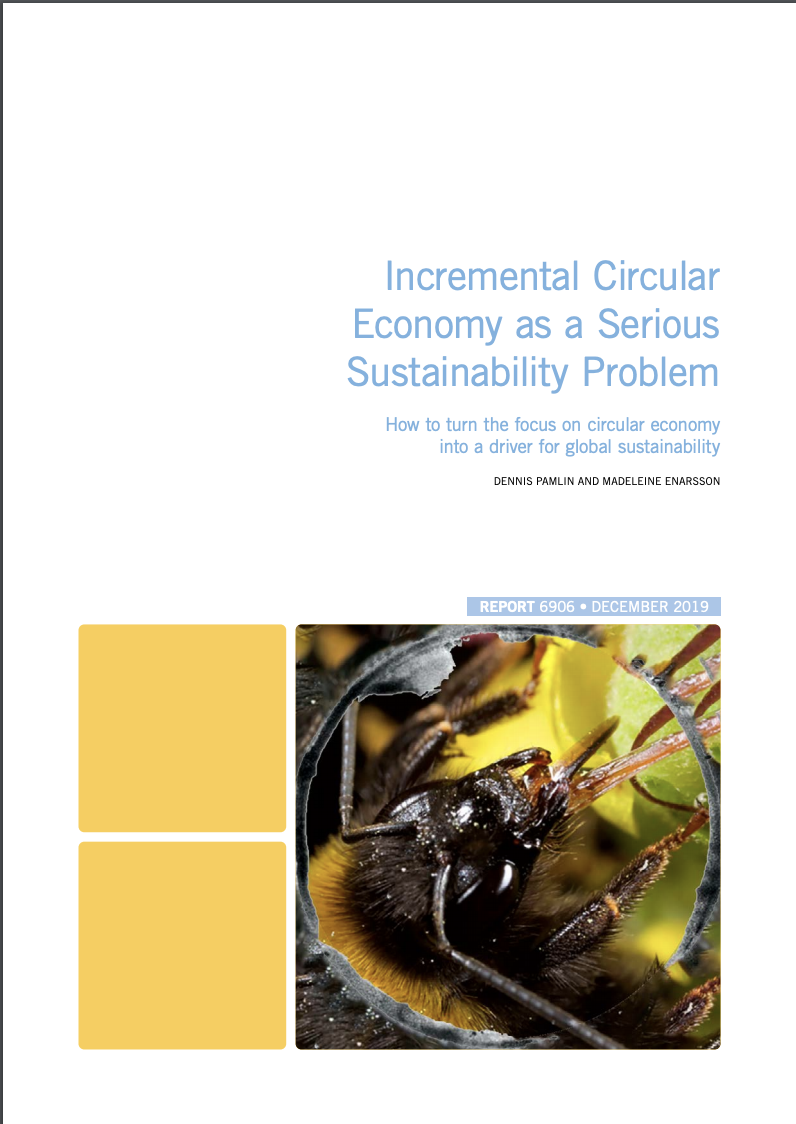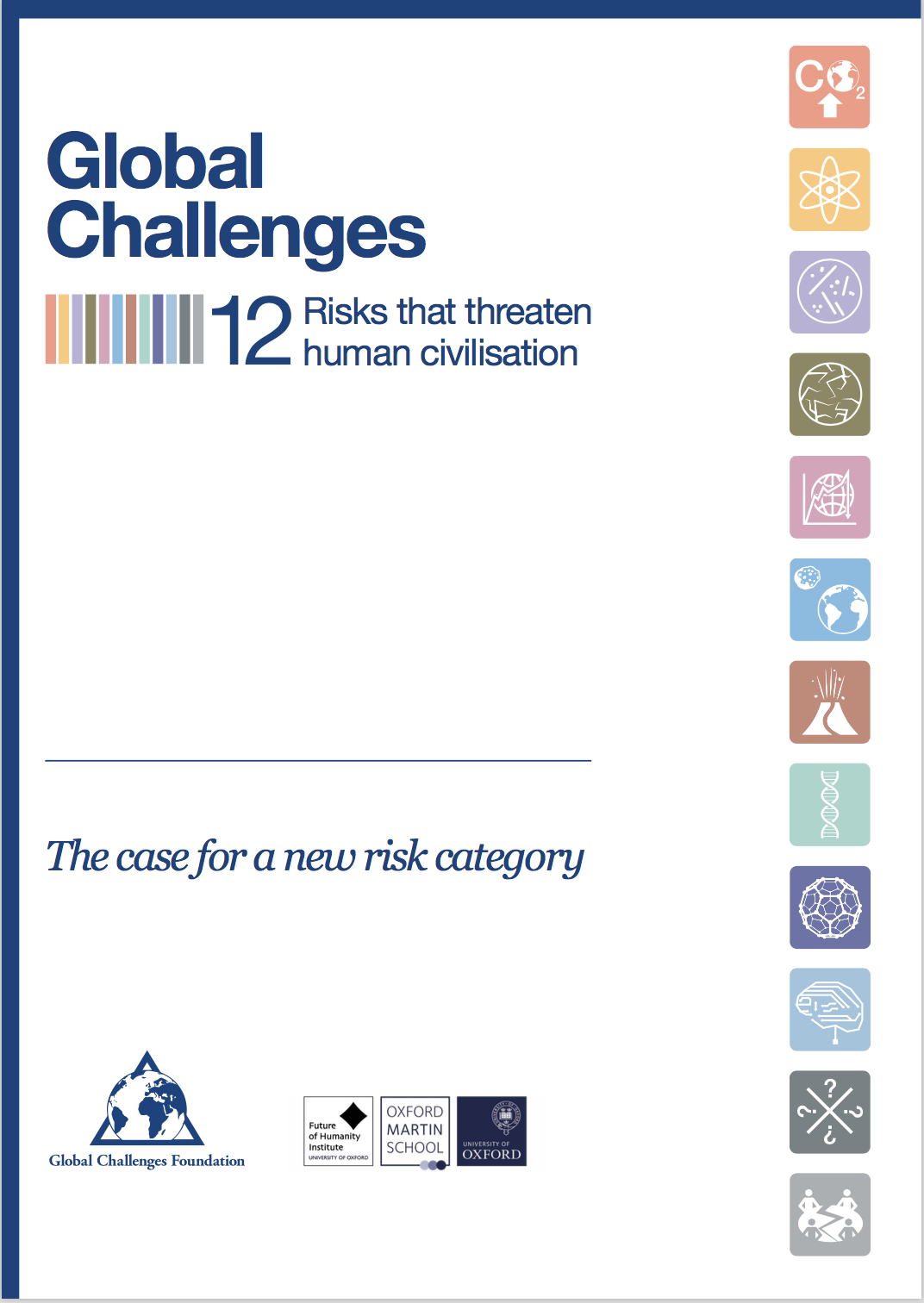Role: Co-author with Peng Lei and Baijin Long
Summary
This report is based on a survey of 182 of the largest and most important Chinese companies. WWF would like to highlight the following summarized results and outline possible steps forward.
1. A significant minority (22%) of Chinese companies say they are going beyond current regulation and some (13%) are even suggesting tougher rules. Many of these companies also have concrete suggestions that could help China become a leader in the provision of sustainable goods and serv- ices, not only in China but also for the rest of the world, and thereby move beyond the existing CSR discussion.
2. While one group of companies takes environmental issues seriously and is proactive, a large group could be described as almost hostile to environ- mental issues and do not even want to engage in discussions. 39% of respondents said “many” or “very many” Chinese companies were breaking the law, and 57% said companies were trying to lower standards.
3. There is a need to develop domestic solutions that support export of prod- ucts and services that help the environment, according to 78% of the com- panies surveyed.
4. 85% think traditional Chinese philosophical concepts like “union of nature and man” could help both Chinese and foreign companies become more environmentally friendly. 96% thought that the “circular economy”, a modern concept used widely in China today, also could be of help.
5. 85% of the companies said there is a need for stronger rules for environ- mental reporting, transparency and monitoring for large companies. Only 2% said there wasn’t and 13% said they didn’t know.
6. 53% said they would be willing to engage with NGOs like WWF in discus- sion about how sustainable development can be promoted, even though NGOs are not yet key actors in China and for many Chinese companies the idea of policy work with NGOs is new.
Download the full report




































